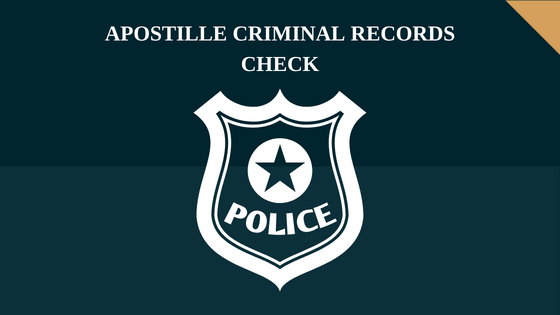If you have a great invention idea and want to protect it, you might wonder how to get a patent for your invention ideas. A provisional patent application is one option that can help you protect your invention before you finalize the design.
Provisional patent applications are preliminary applications for patents. They’re not as formal as regular patent applications, but they let inventors test out their ideas and see if they want to pursue a full patent. If so, they can file a regular nonprovisional application.
Here are some things to know about provisional patent applications:
They’re good for protecting ideas and designs that haven’t been finalized yet. You can use them to test out an invention or design without having to spend a lot of money on legal fees or filing fees right away. If your idea turns out not work out, you won’t have wasted any money on an expensive full-scale patent application process that wouldn’t have worked anyway.

They’re cheaper than nonprovisional patents because they don’t require a lot of paperwork or professional assistance from attorneys or other professionals involved with filing patents (although there may be some additional costs involved in securing professional help for drafting).
They’re also faster than nonprovisional patents, because you won’t have to wait for approval from the U.S. Patent and Trademark Office before you can file your application. You can file a Provisional Patent Application (PPA) at any time during the year, but it’s recommended that you do so within one year of making an invention.
Consult with patent experts, such as InventHelp agency, to determine the best time to file a PPA. If you have an idea for an invention and want to protect it, or if you’ve already made an invention but don’t know how to proceed, contact InventHelp today. There are a lot InventHelp reviews that say InventHelp is the best place to go for patent services. The company has been providing these services for years, so they have a lot of experience in helping inventors get their ideas patented.

